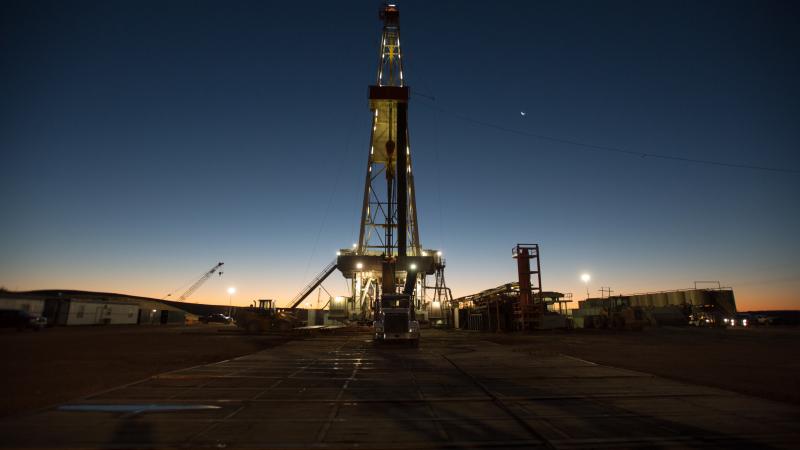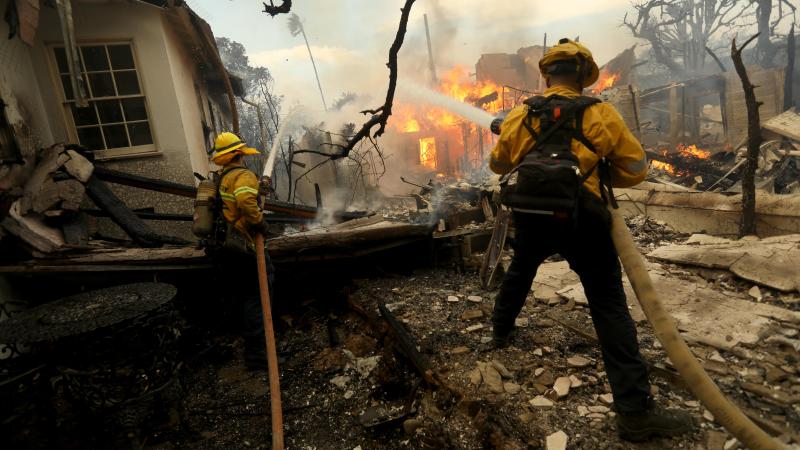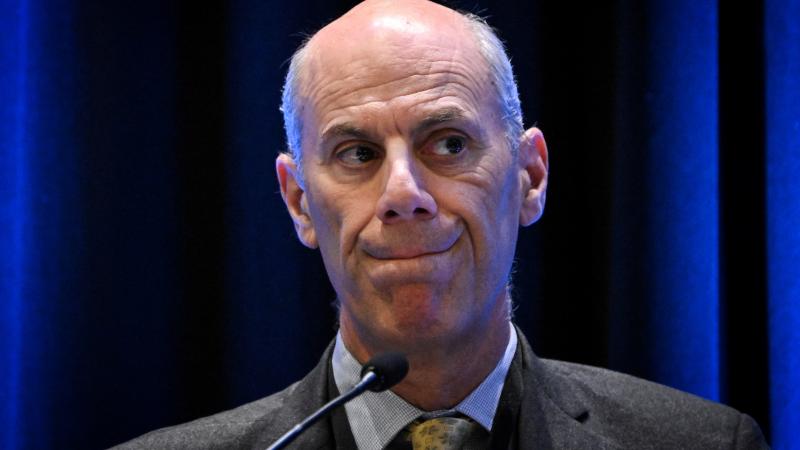Report: Colorado should improve energy permitting similar to planned water rules
“The state appears to be moving in the wrong direction with recent changes targeting the oil and gas industry, which have created a more burdensome permitting environment,” according to the report.
Colorado can improve its procedures, public input, timelines and coordination of state, federal and local governments to improve the environmental permitting process, according to a report.
The state made significant progress in reforming regulatory processes in the past decade but improvements need to be made, according to James Broughel, a senior fellow at the conservative Competitive Enterprise Institute and author of the report, “Distilling Efficiency; Colorado’s quest to refine its permitting process.”
“The state appears to be moving in the wrong direction with recent changes targeting the oil and gas industry, which have created a more burdensome permitting environment,” according to the report. “Enacting targeted legislative changes, institutionalizing interagency coordination through memorandums of understanding, limiting the scope of environmental justice reviews, reestablishing joint state-federal permitting teams, expanding the use of Lean process improvement and comprehensively mapping current requirements could all help ensure Colorado’s permitting system is efficient and protective of public health and the environment.”
The Lean method is an approach to create value for people with fewer resources and less waste and using continuous experimentation, according to the Lean Enterprise Institute.
The report also emphasized Colorado should capitalize on its “robust stakeholder engagement and momentum gathered by previous reform efforts…”
Broughel highlighted the 2015 Colorado Water Plan as an example of successful permit reform, but said the legislature hasn’t acted on its recommendations.
“Continued focus on implementing the Water Plan’s permit streamlining agenda, coupled with reforms based on lessons learned from previous red tape-cutting efforts, could yield significant benefits for Colorado in the coming years,” Broghel wrote.
The report highlighted Senate Bill 19-181, which changed the focus of what was called the Colorado Oil and Gas Conservation Commission. Now called the Energy and Carbon Management Commission, it redirected the focus from fostering responsible energy development to regulating the development and production of natural resources. It also prioritized public health, safety, welfare and environmental protection.
“This philosophical reorientation has translated into a more complex and costly permitting regime for oil and gas operators,” Broughel wrote. “The ECMC and other state agencies have promulgated a litany of new regulations in the wake of SB19-181 that have dramatically increased compliance costs. Operators must now pay considerably more to obtain permits that are harder to secure.”
A bill was introduced earlier this year by the General Assembly to limit and eventually end permits for new oil and gas wells in the state. It wasn’t voted out of committee, but a surcharge on oil and gas produced in the state did pass with the revenue going to pay for transit improvements and conservation.
Colorado Democrat Gov. Jared Polis is leading exploration of getting energy from geothermal resources, heat from deep inside the earth. The report didn’t comment on the permitting process for geothermal energy.
The report praised the Colorado Joint Review Process, Colorado Coordination Council and the Pits and Peeves program.
“However, challenges remain in establishing formal coordination mechanisms that are sufficiently attractive to potential users to ensure their utilization and longevity,” Broughel wrote.















